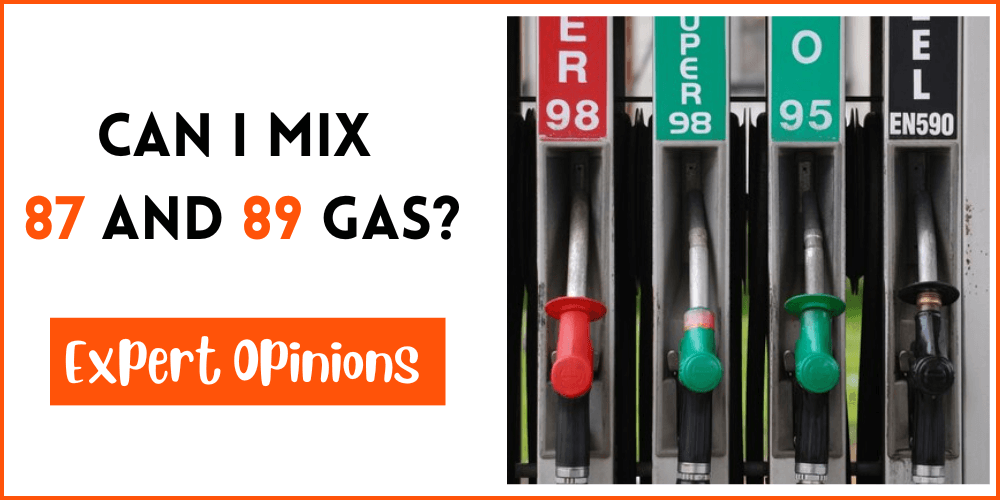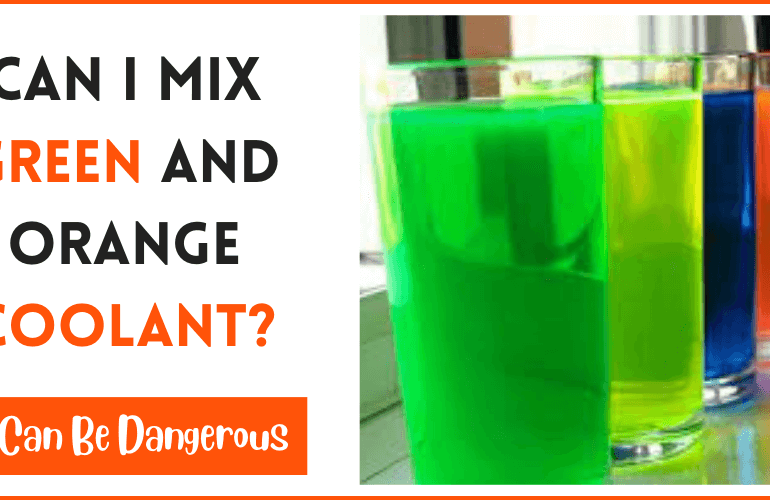

When it comes to fueling our vehicles, we’re often faced with choices at the pump. One common question that arises is can I mix 87 and 89 gas? In this blog post, we’ll dive into the facts to provide you with a comprehensive understanding of the topic.
Can I Mix 87 And 89 Gas?
To understand can I mix 87 and 89 gas? Let’s first define what these numbers represent. The octane rating measures a fuel’s ability to resist engine knocking or pinging. Regular unleaded gasoline comes in two common octane ratings: 87 and 89. The higher the octane rating, the more safe the fuel is for thumping.
The Science Behind Mixing Different Octane Fuels
Mixing different octane fuels can impact engine performance. Engines are designed to operate with a specific octane rating. Using a higher octane fuel than recommended may not provide any more benefits. While using a lower-octane fuel can cause knocking or pinging. It’s essential to understand the specific requirements of your vehicle. Also, follow the manufacturer’s recommendations.
Benefits And Drawbacks of Mixing Octane Fuels
While there may be some debates and misconceptions surrounding mixing octane fuels. Gauging the likely advantages and drawbacks is pivotal. Mixing fuels can offer a middle-ground solution when the desired octane rating is unavailable. It’s vital to consider the potential impact on engine performance, fuel efficiency, and emissions. Consulting with a mechanic or following the manufacturer’s guidelines is always recommended.
Expert Opinions And Studies
To shed further light on this topic, let’s explore insights from industry experts and relevant studies. Experts generally agree that stick to the recommended octane rating for your vehicle. That is the best practice to ensure optimal performance and longevity. While some studies suggest that minor variations in octane rating may have minimal effects. It’s essential to focus on the specific requirements of your engine.
Related Guides:
What Can Happen If You Mix 87 And 89 Gas?
Mixing 87 and 89-octane gasoline may yield an intermediate octane level. While modern engines can generally adjust to slight variations. Consistent use of lower-than-recommended octane fuel. That might lead to decreased performance, engine knocking, and potential long-term damage. It’s best to follow the manufacturer’s fuel recommendations for optimal performance and longevity.
Is It Bad To Mix Premium Gas With 87?
Mixing premium gas with regular 87-octane won’t harm your engine, but it’s inefficient. Higher octane fuels are designed for high-performance engines, providing benefits like reduced knocking. Using them in a regular engine doesn’t yield significant advantages. Stick to the manufacturer’s recommended octane level for optimal efficiency and cost savings.
Can You Mix 100% Gas With 87?
Combining 100% gasoline with 87 octane fuel is not recommended. The octane rating reflects the fuel’s resistance to engine knocking. Mixing higher and lower octane fuels can compromise performance and efficiency. That causes engine damage. It’s advisable to use the recommended octane level specified by the vehicle manufacturer for optimal performance and safety.
Is 87 And 89 Gas The Same?
87 and 89 octane gasoline differ in their resistance to engine knocking. The octane rating addresses the fuel’s capacity to endure pressure before lighting. Higher octane (89) is more resistant, and suitable for high-performance engines, while 87 is standard for most cars. Always use the recommended octane for optimal engine performance.
Does 89 Gas Last More Than 87?
The octane rating in gasoline indicates its resistance to combustion. While higher octane fuels may prevent engine knocking in high-performance or turbocharged engines. They don’t make the fuel last longer. The longevity of gas depends on factors like driving conditions, vehicle efficiency, and storage, not octane level.
Final Thoughts:
The question of whether can I mix 87 and 89 gas depends on various factors. Understanding the science behind octane ratings. Considering the potential benefits and drawbacks. Consulting with experts is a crucial step in making an informed decision. Following your vehicle maker’s proposals is the most ideal way.
To guarantee ideal execution and keep away from likely issues. Remember, when it comes to fueling your vehicle, making the right choices is essential. By staying informed and understanding the specific needs of your engine, you can make decisions. That contributes to a smooth and efficient driving experience.
Sources:



